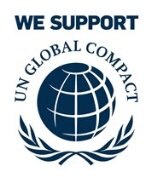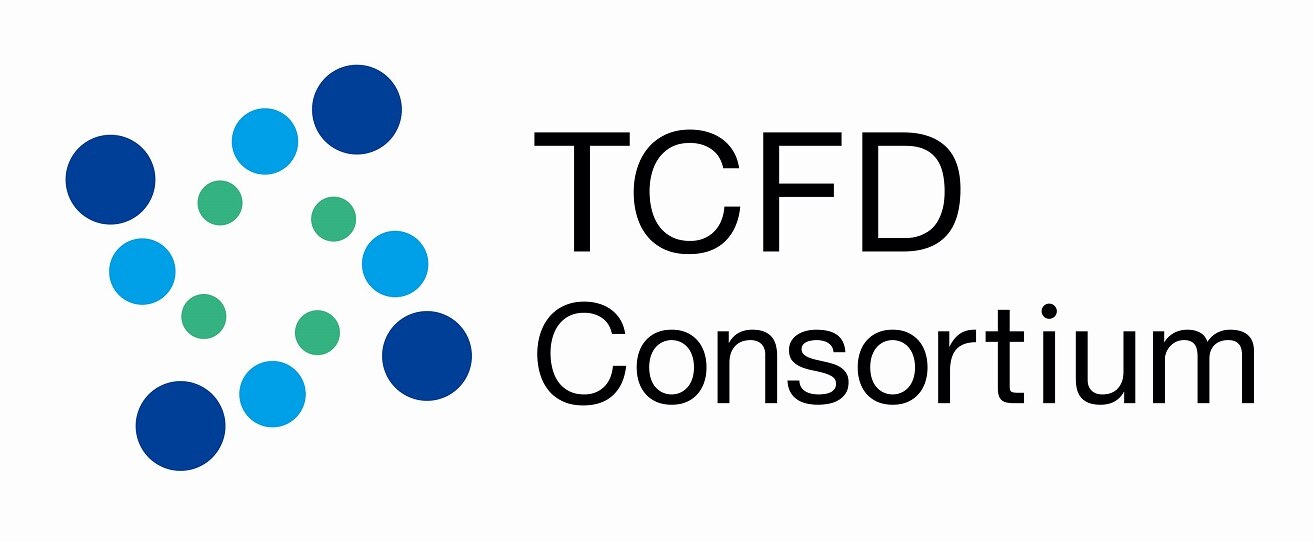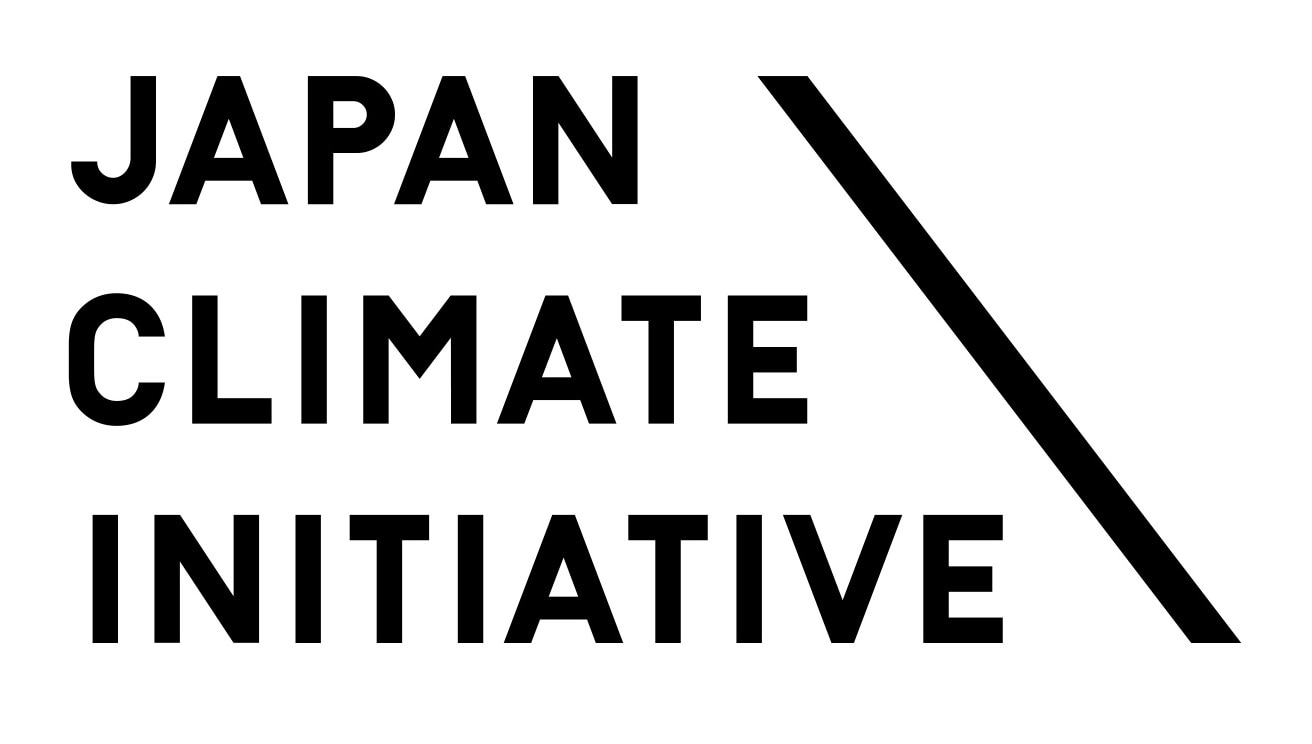Task Force on Climate-Related Financial Disclosures (TCFD)
In May 2021, we expressed support for the recommendations of the Task Force on Climate-Related Financial Disclosures, which encourages companies to disclose climate change-related financial information.
With regard to the four requirements (governance, strategy, risk management, and metrics and targets) based on the TCFD recommendations, we made preparations based on the STEP scenario analysis presented by the Ministry of the Environment, and since fiscal 2022, we have disclosed climate change initiatives and related information in accordance with TCFD guidance. Going forward, we will continue to strive for even more environmentally friendly management and the realization of a sustainable society through enhanced disclosure.
■Responding to climate change




